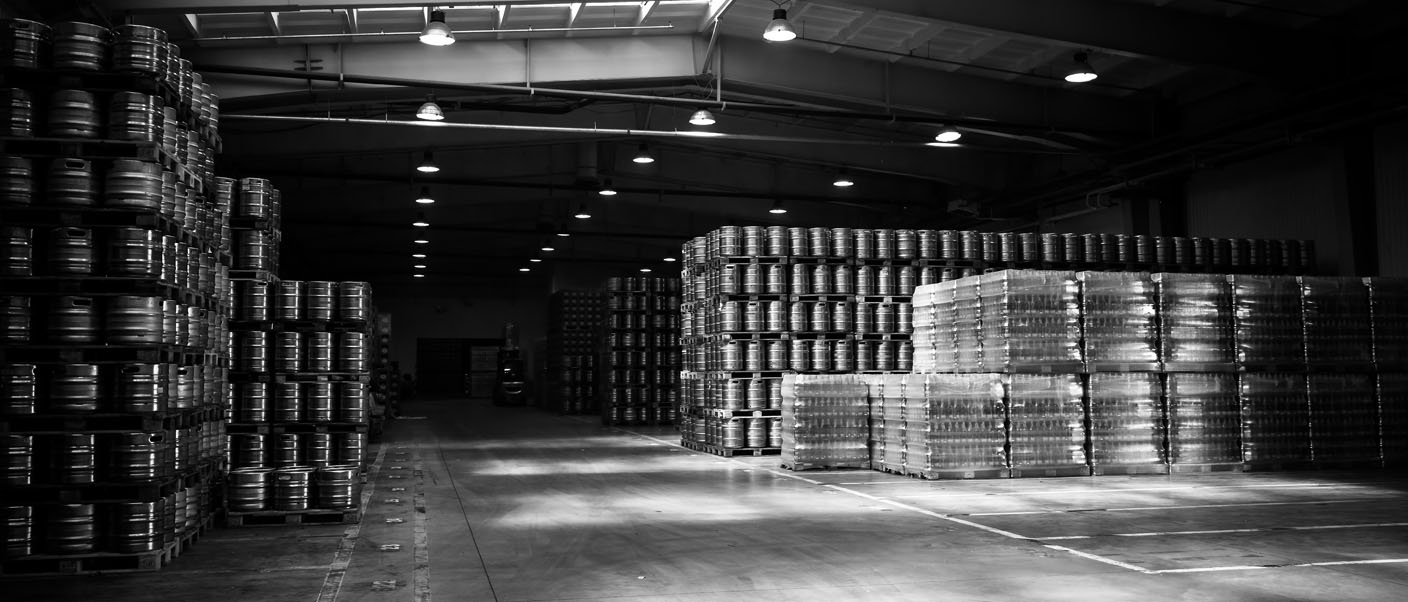It has become clear and has been amply demonstrated that the boom in craft beer is not just a passing fad of recent vintage. The interest shown by the more mainstream consumer has managed to break out of the closed circuit we found ourselves in when this beer landscape emerged, when we could only get craft beer in specialized establishments and stores. The reality is that we can increasingly drink craft beers in non-specialized bars and even buy them off the shelves of big box stores. In the latter case, this is has been helped by the interest of the traditional brewing sector in its efforts to premiumize the category.
Although the skill of plant workers has been rising in recent years, making them capable of recovering and adapting recipes for classic styles to current consumption trends, they still need a final push equal in importance to making a good beer, selling it.
Without being able to provide exact figures due a lack of statistics, but relying on my experience and knowledge of the sector, the percentage of craft breweries in the country that have a sales profile on staff 100% dedicated to this work does not exceed 25%.
With respect to the on premise sector, the target market for selling the production of the vast majority of craft breweries, very few of them use their own distribution for this. The vast majority choose to sell their products through distributors or in a combined manner.
Distribution models
If we were to take an x-ray of the beer distribution channel in Spain, these are the distribution models we would find:
Through the specialized channel:
Distributor specializing in craft beer
These are micro-businesses with a very small structure, 2 to 5 workers. Specialized in the craft beer circuit with great knowledge of the product and how to handle it. They have become consolidated in the market to the “beat” of the craft beer movement. Their commercial operation is not 100% defined, and the work of selling is done part time.
They invest in cold storage and transport and differentiate themselves by providing more exclusive service to the customer through picking, flexible delivery routes and schedules, as well as the absence of minimum orders. This results in high distribution costs and, although the margins for craft products are higher percentage-wise compared the other beers, they require greater product rotation.
Distributors specializing in imported beer
Micro- or small businesses with a structure of 2-15 workers. Specialists in imported beers, with a long track record on premise sales within the classic beer sector.
They have a small but well-defined sales structure. Accustomed to handling imported products with a lower margin but with higher rotation than that of craft beer, they are starting to incorporate some craft beer references to round out their catalogue.
Through the generalist channel:
Multi-product distributors
These are medium-sized businesses, with a structure of 10 to over 150 workers. They have a main supplier who covers their fixed costs and to which they dedicate greater efforts commercially. Their product offer is widely diversified, making their capillarity in the on premise channel very great. They have a very well-defined sales structure, and their model is based on products with low margins but high rotation.
Aware of the craft beer consumption trend, they are starting to include imported and craft beer specialty products in their catalogues, but the lack of knowledge about the product and its sales routines make product rotation very low.
There is no doubt that the demand for craft beer will continue to grow and that this volume will not always be covered by the biggest player but by the fastest one.
It is not hard to find facilities with idle production capacity because they were not sized based on the reality of their sales. In this context, it is a common error of producers to try to hand off to distributors all the sales and brand-building work.
Creating an in-house sales team is very tricky because of the fixed costs it can generate in an enterprise with limited resources, but I truly believe in the producer’s need to add a sales profile dedicated to increasing product rotation, providing support to specialized distributors, prospecting for new opportunities in the market, and adding value to the product at the point of sale.
Craft beer belongs to everyone and is for everyone.











Comments